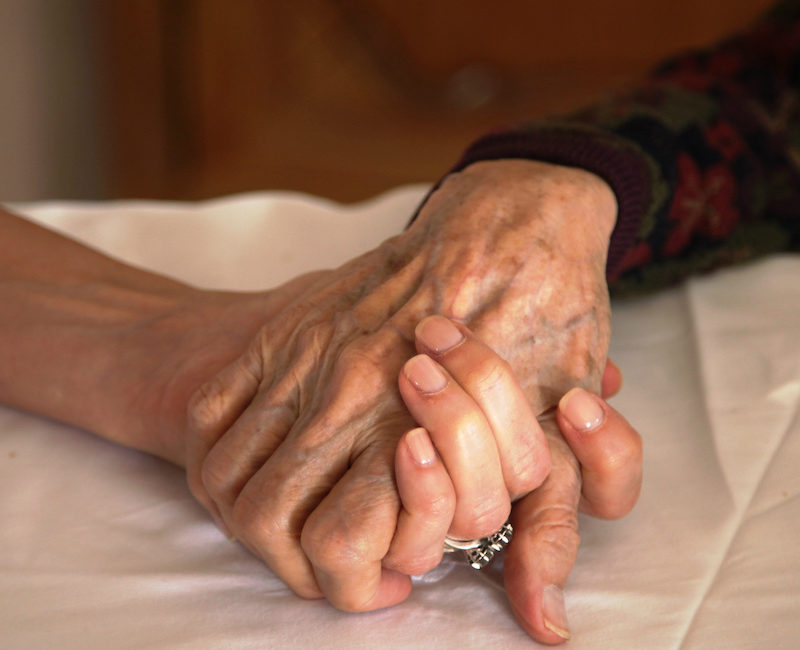When someone you care about starts to show the inability to make sound decisions, it’s a difficult time. It can also be a good time to consider guardianship of that individual or loved one to protect them from making decisions that may adversely affect their lives. Guardianship in North Carolina is an important legal relationship between a capable adult, agency, or qualified organization and an incompetent person, meant to protect the person and help make decisions on their behalf.
The North Carolina Judicial Branch defines it as “a legal relationship in which a person is appointed by the court to make decisions and act on behalf of a person who does not have adequate capacity to make such decisions involving the management of personal affairs, property, or both.”
The role of a guardian can fluctuate depending on the needs of the incompetent person, however, guardians must always act in the best interests of their wards.
The Guardianship Process In North Carolina
The process of identifying and appointing a guardian begins with realizing that the incompetent person needs help. You must prove that the person is incompetent, which can be because of a developmental condition like epilepsy, cerebral palsy, or Autism, or something like illness or senility. However, remember that being sick or living with a developmental condition does not automatically mean you are incompetent.
If the person has made a series of irrational decisions, like giving out money to undeserving people or purchasing unnecessary items, they cannot automatically be said to be incompetent. A person can be declared incompetent if their decisions endanger them physically, psychologically, or financially.
Any person who cares about the person exhibiting incompetency can initiate the guardianship process. This person becomes the petitioner and is required to file a petition in court, as the petitioner needs proof that the person cannot make decisions concerning their property, personal affairs, or both.
The Guardianship Petition
Once the petitioner files the necessary documents with the court and pays the petition filing fee, the court appoints a guardian ad litem. The guardian ad litem represents the incompetent person and informs the court about the respondent’s interests. In the petition, the incompetent person is identified as the respondent.
If the respondent prefers to be represented by his or her attorney, the court can decide if the guardian ad litem will participate in the petition or not. As the petitioner, you may choose an attorney to represent you or represent yourself. If an attorney represents you, you do not have to attend the petition hearing.
A date for hearing the petition is set, where both the respondent and the petitioner make their presentations. This is usually 3 or 4 weeks from the date when the petition is filed. During this time, a couple of things generally happen:
- The respondent and the next of kin are served to help them plan to attend the petition hearing.
- The respondent’s attorney or guardian ad litem visit the respondent to make observations and help them argue whether they feel the respondent is incompetent or not.
If the respondent’s attorney or the petitioner feels the respondent is in immediate physical or financial danger, they should notify the Court Clerk, who may schedule an emergency hearing in which a decision to appoint an interim guardian is discussed.
The court uses the evidence they present together with the evaluation report to determine if the respondent is incompetent or not. The evidence may come from a witness willing to testify in court during the petition hearing, or it may also be a report from a doctor or psychologist stating the need for the respondent to have a guardian.
If the person is found to be incompetent, the court appoints a guardian who may be the petitioner or another qualified adult or agency. However, no action is taken if the court rules that the respondent is competent.
Responsibilities of a Guardian
Your responsibilities as a guardian depend on the type of guardianship you assume or the orders given on appointment. Here are the different types of guardians in North Carolina:
- Guardian of the Estate – The guardian of the estate is in charge of the businesses, estates, investments, and properties of the ward. They may get a commission from the returns they get after investing on behalf of the ward. They are also entitled to reasonable reimbursement of expenditures while representing the ward.
- Guardian of the Person – This is the guardian appointed for the custody, care, and control of the ward. They are not involved in decisions concerning the ward’s money and properties.
- General Guardian – The general guardian takes charge of decisions concerning the ward’s care, control, custody, and money and property issues.
- Guardian for Minors – A guardian may be appointed if the parents of the minor are deceased or if the parents lose their parenting rights. When appointing a guardian for a minor, the court does not hold proceeding to determine incompetence since all underage children are legally incompetent. Guardians of a minor are legally obliged to care for and educate the child until the child reaches 18 years old. In addition, before selling any of the minor’s property, the guardian must petition the court.
Contact Our Contested Guardianship Attorneys
If you or a loved one are going through the guardianship process, we can help. Fiduciary Litigation Group has the experience to guide you through the guardianship and incompetency process and ensure your rights and those of your loved one are protected. Call us today or fill out our online form to schedule a consultation.

